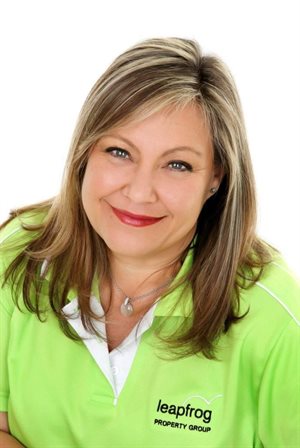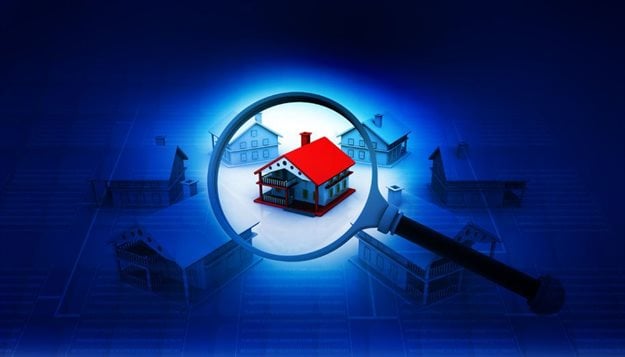While some sellers believe listing the property price higher than the market average is the best strategy because it allows for downward negotiation, it is rare that this strategy works, says Michelle Cohen, principal at Leapfrog Johannesburg North East.
Pricing a property for sale needs to be done thoughtfully, she says, with a number of factors to take into consideration, starting with clarity on the difference between price and value. “Warren Buffett famously said that ‘Price is what you pay. Value is what you get’, which is exactly what happens in the property market. Price is based on a market-related estimate for your property, based on industry trends and research, demand in the area, as well as the features of your property,” Cohen explains.
Value is more subjective and is essentially determined by what a buyer is prepared to pay for a property – the well-known willing seller and able buyer economic model.
Why the right price matters
The right home pricing strategy could mean the difference between having your property on the market for two weeks or two years. Buyers know when a property has been on the market for longer than others in its class. “A ‘stale’ property quickly becomes unappealing, making it far harder to move than if you priced it more accurately from the start,” Cohen says.
Price it too high and you’re immediately out of the running, but price it too low and buyers question whether you’re hiding a heap of issues related to the property.
Also bear in mind that it’s a buyer’s market, which means buyers have the pick of the bunch. Your property needs to stand out from the rest to make an impression and one of the first and most important ways to do that is to ensure it is priced accurately and relative to the market and associated value.
The property needs to speak to a serious buyer and ensuring it is priced right is key to appealing to that buyer, Cohen believes.

Michelle Cohen, principal at Leapfrog Johannesburg North East
Location, location, location
As always, location plays a key role in pricing your property. Potential buyers are likely to be very familiar with the market in which they are looking, which means the property needs to be competitive with other similar properties in the area.
“We see that buyers are extremely savvy and thoroughly research the market before even going to view a property,” Cohen shares. Buyers know what the average for a given area is and what they can expect to get for that price. Your property may stand out like a castle among mud houses in the area, but it’s unlikely that it will fetch the price of a castle - the best you can hope for is the price of a fancy mud house!
The improvement issue
Whether it’s with selling in mind or not, it is important to always be strategic about the improvements you make to your property.
“Across the board, kitchens and bathrooms add value to a property, while increasingly something like a pool is seen as little more than money and maintenance by buyers looking for a low-maintenance home,” Cohen adds. She goes on to explain that while something like heated towel rails or a hot tub on the patio may seem like a great value-add, these things are personal preferences, which doesn’t necessarily appeal to buyers, and certainly not because you spent in excess of R200,000 on cosmetic improvements.
“The point is that there are some improvements that definitely add to the value, and thus the potential selling price of the property, and others that don’t necessarily. There’s nothing wrong with replacing all the porcelain tiles with genuine marble in a two-bedroom townhouse, but don’t expect a buyer to offer R500,000 more because of it,” Cohen highlights.
Work with a professional
As the seller, you’re likely to have a price in mind that you believe your property should sell for, which doesn’t necessarily align to what the property is worth on the market. “A trusted property professional plays a crucial role in helping you price your property right the first time, taking your desired price, the condition of the property as well as the location into consideration,” Cohen stresses. She adds that it is best to choose somebody based on their experience and knowledge of the market in which your property is located, and not because of their approach to pricing the property.
A professional understands the market and advises on price accordingly. “An agent can’t guarantee a seller will get a specific price for a property - market conditions determine the ultimate selling price,” Cohen concludes.











































